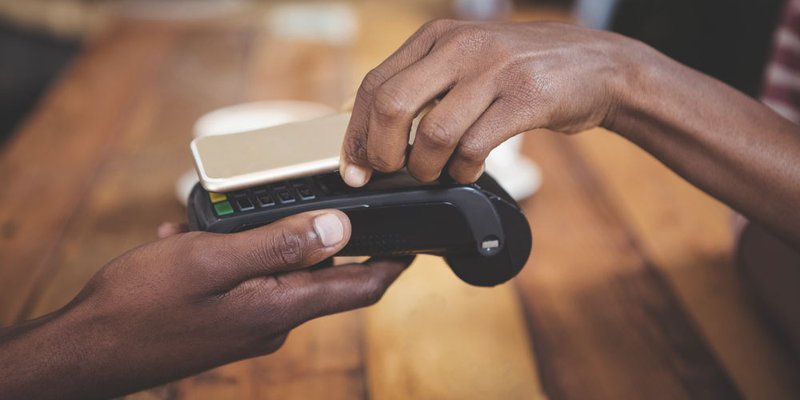
If you are not redirected within 30 seconds, please click here to continue.
Samedi: 10h – 16h HAE

If you are not redirected within 30 seconds, please click here to continue.
If you are not redirected within 30 seconds, please click here to continue.
Compulsive shopping is like any other behavioural disorder. Just like gambling or drinking, it has the potential to destroy your life – at least, financially. As with most compulsive disorders, there are degrees of severity, ranging from low to high. How can you tell if you’re a shopaholic?
Nine Signs You’re a Shopaholic
- You purchase items you never use. Do you have a closet full of clothes that still have the tags on them? Have you purchased items that you’ve never even used? This is a good sign that you shop simply out of the love of buying something, and not out of necessity.
- You shop to relieve tension. Often referred to as “shopping therapy,” many of us find that spending money on ourselves is a good way to relieve stress and tension. In fact, shopping can sometimes leave you feeling downright euphoric.
- You set out to purchase one thing but come home with many others. Whoops! Ever found yourself at the checkout with more items than you set out to buy? How many of those items are impulse buys? How many are necessities?
- You get excited every time you buy something. As mentioned earlier, shopping can leave some feeling euphoric, as if the new item offers a promise of something new and different.
- You feel guilty once you get home. The new item might start out as making you feel euphoric, but leave you feeling guilty. This is a good sign that you have impulsively purchased something that you don’t need. 6. You try to hide your habit. Ever found yourself spending too much money and then trying to hide it from your friends and loved ones? Trust me, you’re not alone. If you’re trying to hide your purchases, chances are you didn’t need them in the first place.
- You buy items that you can’t afford. Shopaholics don’t stop shopping just because they can’t afford items. In fact, most of them continue shopping despite the fact that they really can’t afford it.
- You’re good at rationalizing the need to buy something. Are you really good at convincing yourself that you need the item in question? That you can afford it? That it’s not a waste of money? The ability to rationalize an unnecessary purchase is a major part of the problem.
- 9. You have shopping related debt. The last sign that you are a shopaholic is that you have shopping-related debt. This means that you’ve purchased – and continue to purchase – items that you cannot afford.
What Can You Do About Shopping Related Debt?
You might not think that compulsive shopping is a major problem, but it can be. Debt can quickly grow wildly out of control, leaving you financially crippled for years. As we well know, Canadian household debt is at an all-time high. So what can we do to curb the problem?
The first solution means recognizing that there’s a problem – even if it’s just a small one. Recognition leads to action. Here are a couple of steps you can take to curb unnecessary spending.
Get To Know Your Habits
First and foremost, identify triggers that spur spending sprees. What sets you off? Do you tend to shop when you’re sad, angry or otherwise emotional? Do you spend more when you’re with friends, or alone? Recognizing triggers will help you avoid shopping at certain times since you know you’ll be more vulnerable then.
The next step is to avoid temptation. If you know that your weakness is books, why torture yourself with a walk through Chapters? If shoes drive you to spend, avoid the shoe stores. Easier said than done, right? If you can’t trust yourself to avoid the shops then leave your money at home. Only carry enough cash for the items you need and leave the credit cards at home.
Many people shop when they’re bored. If you’re one of those people, try to find a new hobby or activity to take up your time. Play sports, read a book or go to the movies. There are plenty of things you can do that won’t eat a hole in your pocket.
Finally, don’t be afraid to seek help. Compulsive shopping can be a vicious, vicious circle. You shop when you’re down, but you get down because you’re broke. Know when you’re in over your head and when it’s time to seek professional help. Consider hypnosis, see a psychologist, therapist or counsellor, or join organizations like Debtors Anonymous or Credit Canada.
Good luck learning to better manage your spending.
Get money-saving tips in your inbox.
Stay on top of personal finance tips from our money experts!











